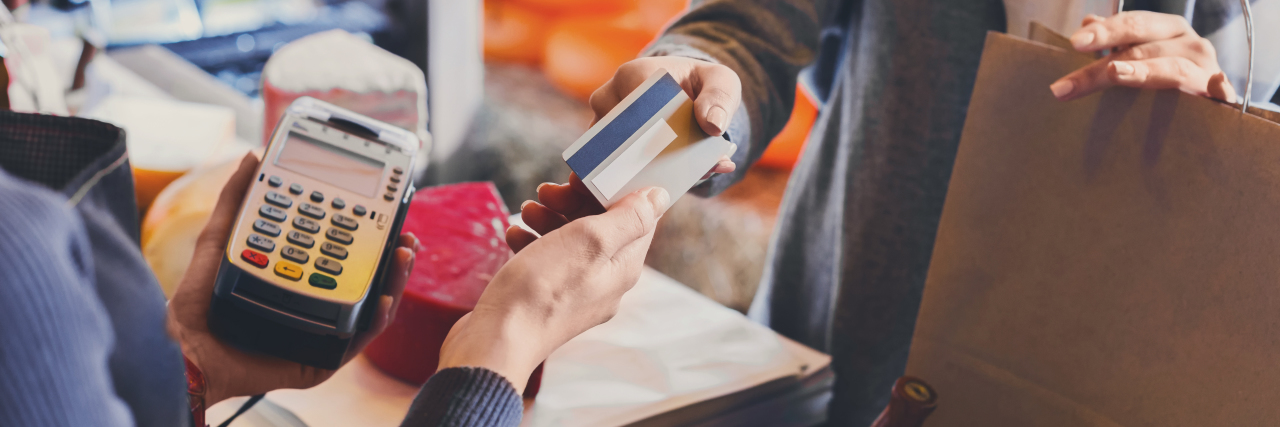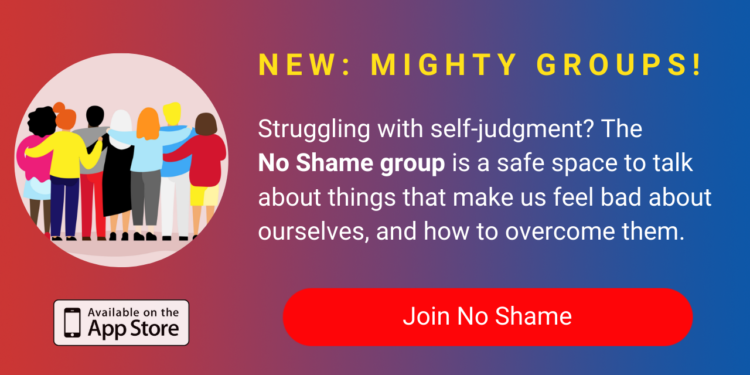What It's Like Living With a Disability in a World Not Meant for Me
My biggest pet peeve of having a disability is the frustration of living in a world that is not compatible for me. It is estimated that 6.1 million people in the United States have a disability, according to the Centers for Disease Control and Prevention. Great strides have been made to accommodate for people with disabilities such as The Americans with Disabilities Act. Legislation can help, but cannot always alleviate the frustration of being in a world not made for a person with a disability.
The reactions of other people can be more daunting than the disability itself. My learning disability is an invisible disability. When most people think about disabilities, they think of ones that they can see such as a person with a physical disability. Others may
associate adaptive equipment such as canes, wheelchairs and braces to individuals with disabilities. People also think of a learning disability as “not being able to learn.” I am able to learn. I just learn in a different way and new concepts may take longer for me to grasp. I may also have to review those concepts later on, even if it seems that I once mastered it. Many people also understand that my visual perception disability is brain based not vision based. At that point people are usually wondering where my glasses are. I have also had people give me other cures such as remedial classes, prayer, and positive thinking. All of these things have benefits, but they will not cure my disability.
My limited hand dexterity makes getting ready difficult. I often struggle to button things in the back. My husband often has to button things for me and clasp necklaces together. I also struggle to put on eye liner, so I stick to basic makeup. I find little value in buying products that I cannot use. I also have trouble with opening lids on jars and with putting the lids on containers. Unlocking doors and working with keys can also be a challenge.
I also struggle with navigating the community. My hand dexterity and math skills make counting out change difficult. I’ve experienced the annoyed look of the cashier and the line of people behind me. I have found that if I do use change using quarters is helpful. Using a debit card also works, as long as I know the set amount I can spend. Using cash provides a more concrete example on what I am spending, while a debit card is more abstract. Using a debit card can also present a challenge when figuring out how to use the different card readers. Some let you put the chip in and others make you swipe the card. I usually need the clerk to give an explanation on what I need to do. My dyscalculia can make remembering the pin
number for debit card and passwords difficult.
I also struggle for estimating with weight. I can recall buying candy with a peer and trying to figure out how much I could get for the price. My friend whispered harshly for me to, “Hurry up.” Determining the weight of produce is difficult for me. I cannot read the numbers on an analog scale when I weigh a bag of grapes.
I am also unable to drive because of my disability. I struggle with depth perception and trying to coordinate the mechanics of driving. If I want to go to something that is not in walking distance, I need to get a ride with someone. I am blessed to have a wonderful support system of family and friends who take me where I need to go. The world may not be compatible for my disability, but that doesn’t mean that there are not ways to make it adaptable.
I try to find new ways to do things, that others may take for granted. I like the quote by Shirley Chisum, “If they don’t give you a seat at the table, bring a folding chair.” Life may not enable me to have a typical path, but I can find a way. I am also not alone in this endeavor. Many other people with disabilities face the challenge, of making their way in a world not made for their needs. Every day is a new opportunity to find ways to adapt in a world not meant for my disability.
Photo credit: Prostock-Studio/Getty Images


